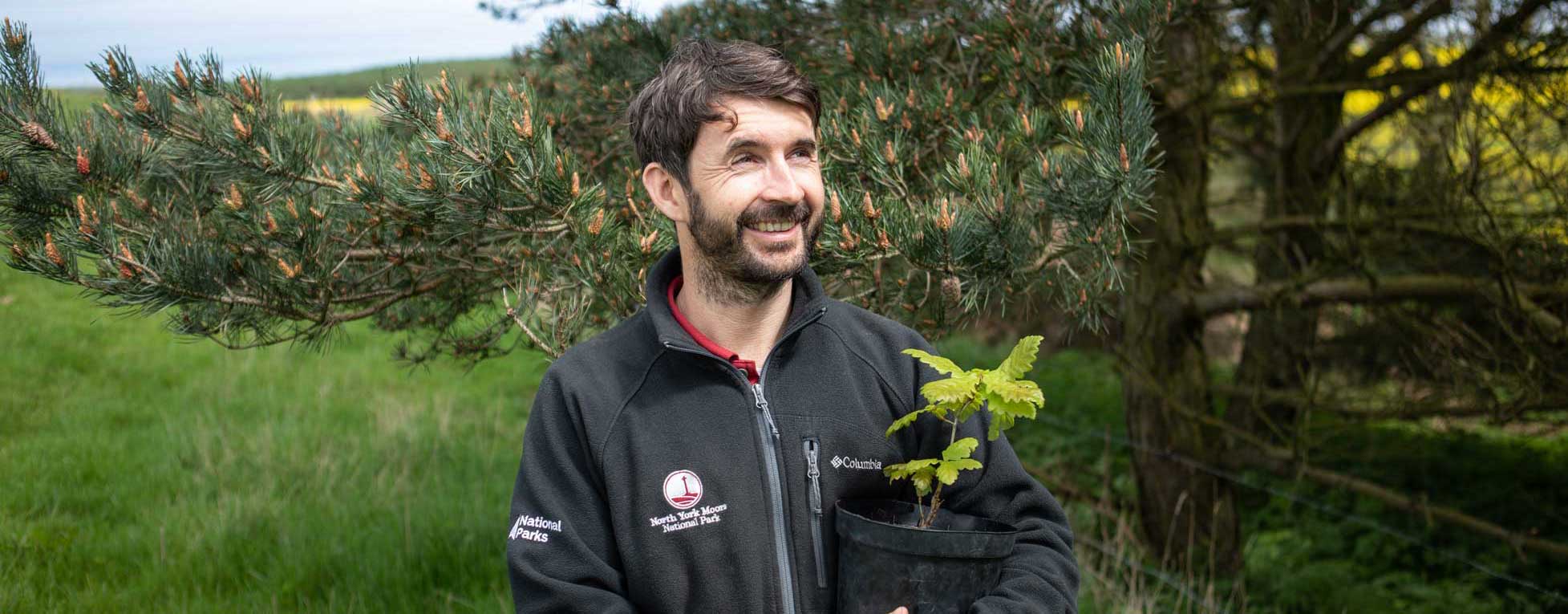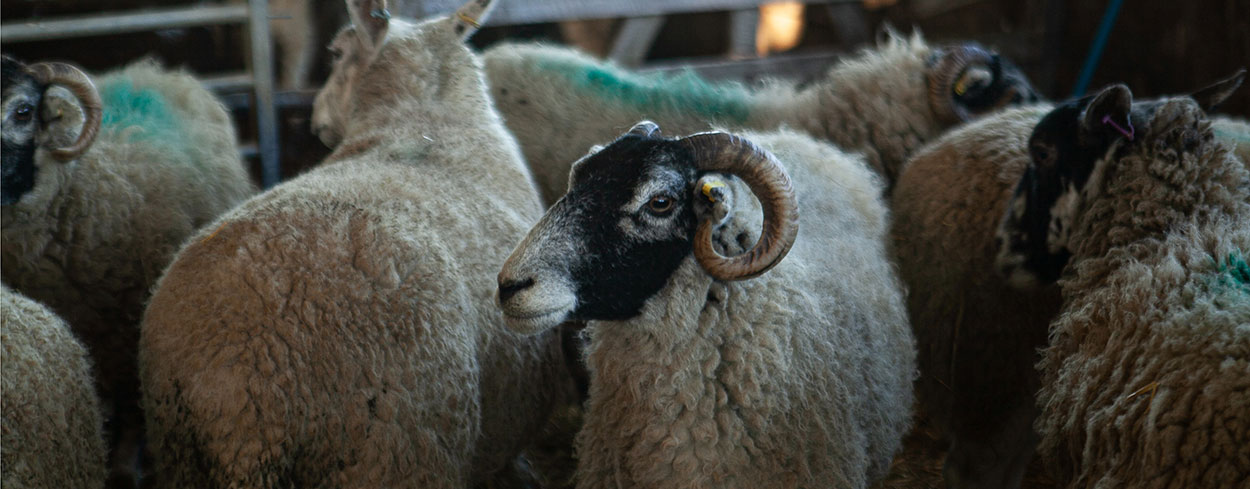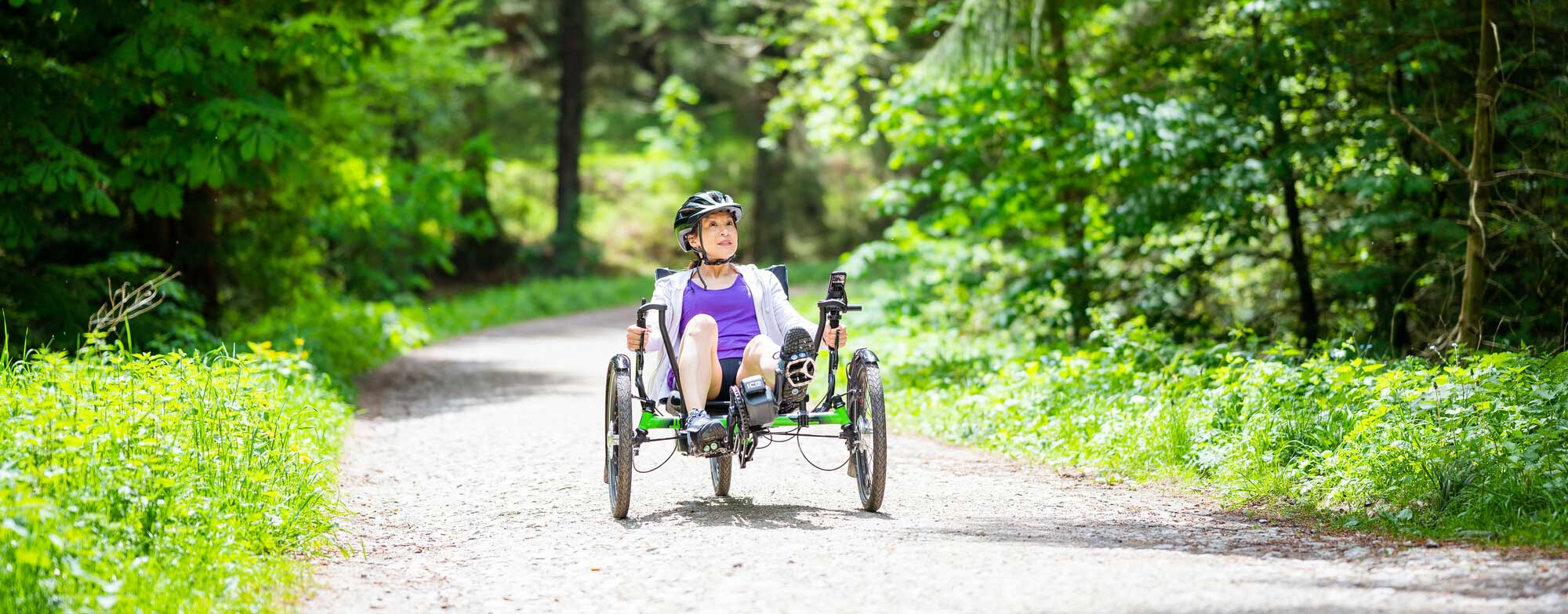 A place that supports a diverse and innovative low carbon economy
A place that supports a diverse and innovative low carbon economy
Objective 18
Provide opportunities that attract, upskill and retain a local workforce working in high-value, knowledge-intensive jobs and the ‘green’ or ‘landscape’ economy.

Objective 19
Maintain a strong and viable farming and land management community that delivers more for climate, nature, people and place.

Objective 20
Increase opportunities for residents and visitors to travel sustainably in the National Park.

Why do we want to work towards this outcome?
Improvements in technology, together with the rapid adaptation of working patterns during the COVID pandemic, have brought about a reassessment for many about where they wish to live and work. The appeal of a high-quality environment and desire for more space at home has the potential to both bring new people and investment into the National Park, but at the same time increases pressure on house prices.
More balanced land management opportunities can help provide the essentials people need whilst living within environmental limits,[10] and the ‘Green Growth’ agenda can help create new jobs in the green or ‘circular’ economy, especially in identified growth sectors, for example carbon offsetting, the digital economy, traditional building and retrofitting skills. Increasing skills and opportunities in these areas through training, investment, apprenticeships and information-sharing will help those working in the National Park (or wanting to work here) deliver net zero carbon and a richer natural world.
Plans are also being put in place to phase out direct support payments to farmers by 2027 and replacing them with a new Environmental Land Management (ELM) scheme based on the principle of offering public money for “public goods” – such as better air and water quality, thriving wildlife and soil health. This change is likely to be one of the biggest drivers of landscape change; and given the dependency of farmers in the National Park on direct payments for income, this change in policy will result in major challenges as well as opportunities for the land management sector. As part of the transition to ELM the Government introduced a ‘Farming in Protected Landscapes’ Programme in June 2021, where funding is open to farmers and land managers to support projects which deliver nature recovery, mitigate the effects of climate change, and provide ways for people to discover, enjoy and understand the landscape.
Further opportunities also exist to improve access to the National Park in ways that reduce car use. The North York Moors already benefits from rail access to ten villages using the Esk Valley line which runs from Middlesbrough and Whitby. New services on this line have been created in recent years and there remains potential for additional new services to further increase the opportunities for use of the line for both commuting and recreational travel.
Next: Outcome 6 - a place of great beauty where local communities thrive
